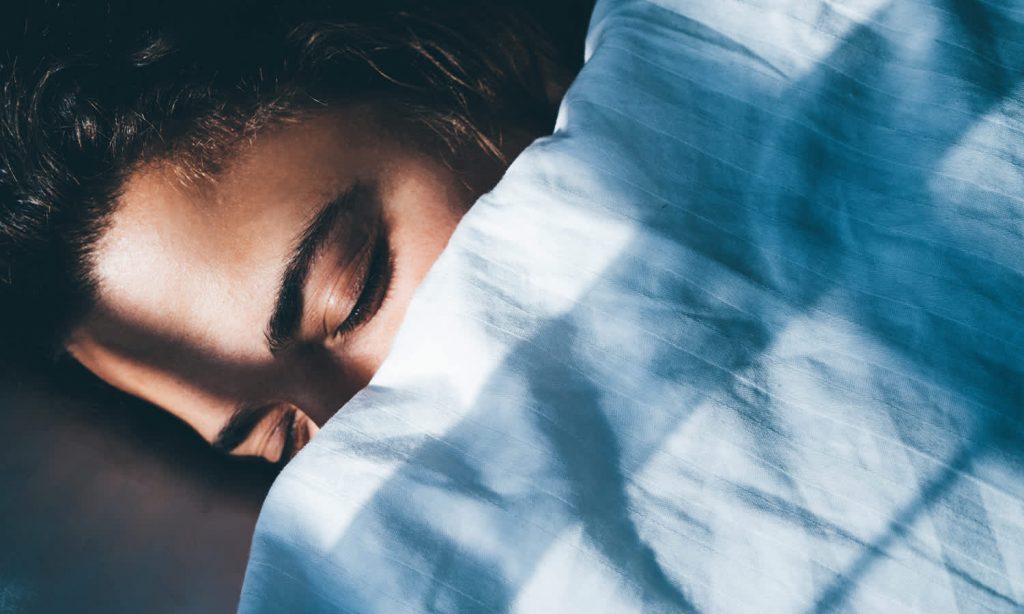Sleep hygiene is a bit of an obsession right now — probably because none of us are getting enough of it. If you’re feeling dog tired all the time, it could be for a number of reasons including nutrition and mental health issues. However, a new widespread study into the length of sleep required to feel fresh and sharp the next day has found that sleeping too long may have the same detrimental effects as not sleeping enough.
While there are endless studies on sleep, this new research is some of the most comprehensive in the world. A joint team from the University of Cambridge and Shanghai’s Fudan University examined the sleeping habits of almost half a million people between the ages of 38 and 73 for several years. They also took brain imaging and genetic data from almost 40,000 of these participants.
What the study shows is that exactly seven hours is the “ideal amount of sleep” for people entering middle age and upwards.
Too little sleep was associated with impaired cognitive performance, as you might expect, however the team also found that too much sleep was also associated with similar cognitive impairment.
Those who slept for more or less than seven hours a night regularly experienced issues with their processing speed, visual attention, memory and problem-solving skills.
Mental health is also implicated here, with those outside the optimum hours experiencing more symptoms of anxiety and depression as well as overall lower wellbeing scores.
Professor Jianfeng Feng from Fudan University in China said: “While we can’t say conclusively that too little or too much sleep causes cognitive problems, our analysis looking at individuals over a longer period of time appears to support this idea.
The researchers also note the importance of consistency — you can’t just get 5 hours (or less) one night and expect to make up for it with a big 10 hour kip. This appears to confirm previous research that has found an increase in inflammation and a susceptibility to age-related diseases in people who have interrupted sleeping patterns. That big session on a Friday is likely to have more impact than just the hangover, as it turns out.
As to why more sleep, as well as less, seems to have just as detrimental of an impact, the team suggest that the disruption of ‘slow wave’ or deep sleep may be at play. Our brain cycles through several stage of brain activity while we’re alseep, and coming out of sleep in the middle of one of these cycles cound be causing a build up of a protein called ‘amyloid’ in the brain which the researchers say can get ‘tangled’ in the brain. A build up of amyloid has been linked to some forms of dementia.
Of course, there is no one size fits all approach to sleep. Experts are still confident that humans require a range of sleep durations, from seven to nine hours. Those who don’t feel rested based on the amount of sleep they’re currently getting are advised to experiment with longer sleep durations and scheduling in sleep as a priority in their schedules, according to the Sleep Foundation.
If you get more than seven hours regularly and still feel as though something is off, you could try setting your alarm so you’re getting exactly seven and see how you go with this. If the situation doesn’t improve, speaking to a medical professional is always the best course of action.
Read more stories from The Latch and subscribe to our email newsletter.







